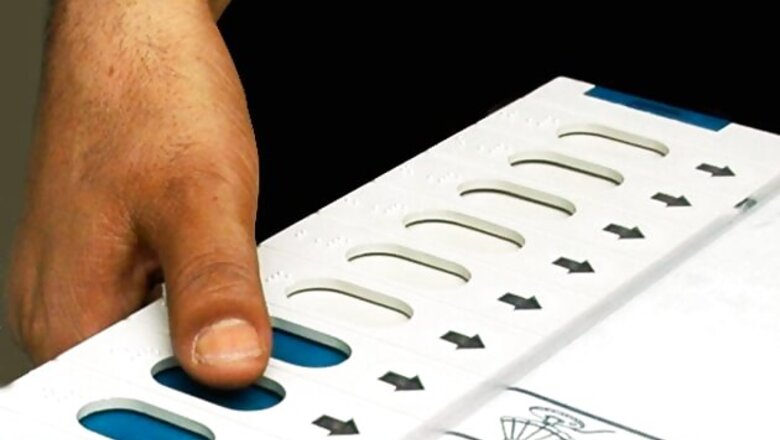
views
New Delhi:: Youngsters' choice may turn out to be crucial for political parties in the upcoming Delhi Assembly polls as the number of first time voters has more than doubled from 98,000 during the municipal election in 2012 to over 3.5 lakh this year.
In other words, the percentage of new voters has increased from 0.7 per cent to 3 per cent of the total voters in Delhi. However, it is not going to be easy for the political parties to woo the youngsters who feel parties have not been sincere in keeping their promises and addressing key issues. Their issues are also not different from that of an average middle class person.
Corruption, inflation, unemployment, social and financial security are some of the concerns which a number of students from leading universities say pervade their mind.
"Youths are quite politically aware and do not like to keep silent on issues which concern them. Everyone saw that during Anna Hazare's fast and protest after the December 16 gang rape," said Vismay Basu, a PhD student at Jawaharlal Nehru University.
Basu's angst is not a lone voice but a reflection of the disappointment with politicians and the existing system felt by the youngsters. For them inflation does not come only in the form of rising onion prices, but it is reflected in rising house rents, higher cost of education and rise in public transport fares. They say corruption affects them too in the form of being denied scholarship which is given to undeserving students or delayed.
"Corruption and unemployment are indeed two big issues for youths. Students have been hit hard by rising course fee also. Education institutions have started charging user charges and often give the argument that to get quality education, you have to pay more," said Anubhuti Agnes Bara, Vice President of JNU Students Union. Rising crime against women, overall law and order and growing insecurity in workplace are other issues of concern for the youngsters.
"When we talk about safety, it refers to security in all fields - social security, job security and financial security without which an impatient and ambitious young mind cannot fulfill his dreams. "The corruption stories and lack of safety, especially for women, frustrates today's youngsters and this government may pay for the same in these elections," said Anupam Kanodia, literary secretary of AIIMS Students Union.
Some students felt Narendra Modi's elevation as BJP Prime Ministerial candidate will impact the election outcome in Delhi while some others hailed Rahul Gandhi's stand on the ordinance on convicted lawmakers.
"I am happy the way Rahul opposed the ordinance on convicted law makers. I think that is reflection of change and a stand we'll want our future leaders to take. Today's youth needs a leader with guts, whom they can trust," said Anupam.
On popularity of Modi and AAP leader Arvind Kejriwal, some students felt it is result of a huge "image management exercise". "It is all about image management. There are scores of backroom people who are working overtime behind the curtains to present the two as a messiah of people," said Basu.
Students from a number of institutes said though they did not have high expectations from Kejriwal's Aam Aadami Party (AAP) but felt the new entrant to the political fray may give a tough fight to both Congress and BJP.
"No political party is different. All of them say similar things that they will remove corruption, reduce electricity prices and provide basic amenities. In this atmosphere of money, muscle and power politics, any party which will outdo others will form the government," said Bara.
However, Ravindra Kumar Meena, a DU student differs from Bara and said Kejriwal has positioned himself as someone reaching out to the downtrodden and projected AAP as a party constituted by the civil society.
"Kejriwal has presented himself as a face of change. He instills a confidence in the voter, especially among the middle class. I am in full support of AAP. They deserve a chance," said Kartik Gupta, fourth year undergraduate student in AIIMS. Some students observed the political parties have "failed" to engage youngsters in the nation building which was a matter of concern for them.
"Despite India's two-third population being in age group of 18 to 40 years, there is no programme for the youth. The political parties make promises and forget them in the same go," said Bara. Some students said they do not see any difference between Congress and BJP and there was a need for an alternative to mainstream parties.
"There is an alternative to mainstream political parties. Students have showed their strength from time to time. Perhaps the time is near and when they will once again come out on roads. The system will change," said Anubhuti.














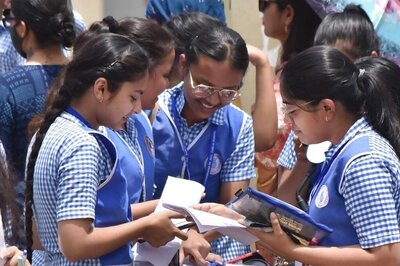
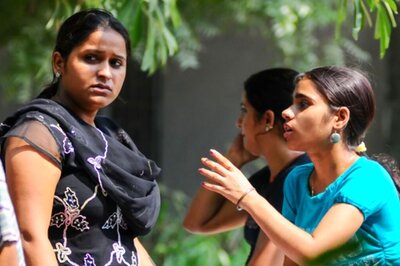
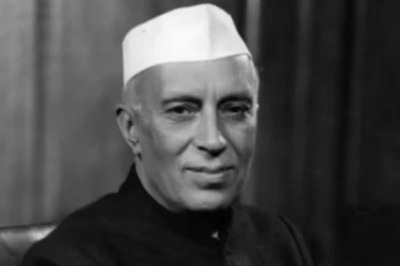

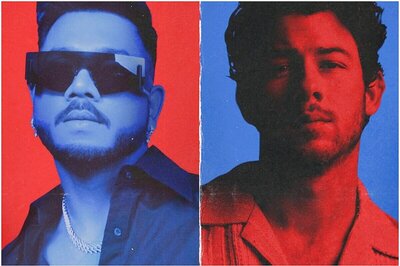
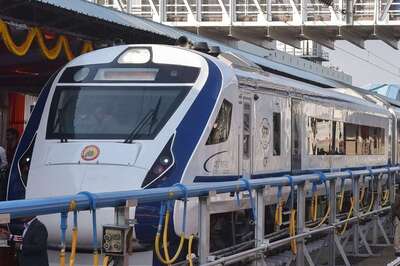
Comments
0 comment